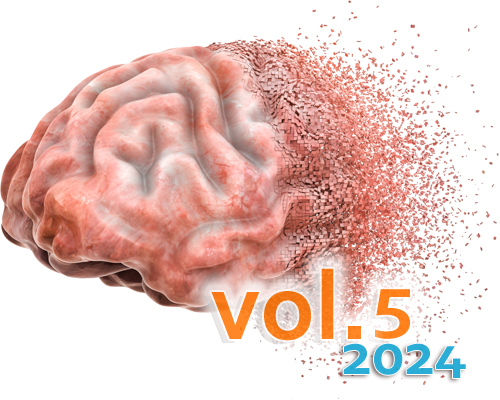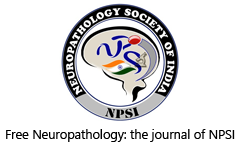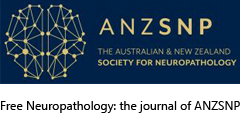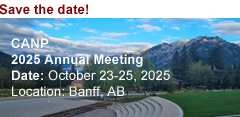Neurodevelopmental disorders: 2024 update
DOI:
https://doi.org/10.17879/freeneuropathology-2024-5734Keywords:
Neuronal differentiation, Epigenetics, Retrotransposons, Neurogenesis, Gene regulation, Down syndromeAbstract
Neurodevelopmental disorders encompass a range of conditions such as intellectual disability, autism spectrum disorder, rare genetic disorders and developmental and epileptic encephalopathies, all manifesting during childhood. Over 1,500 genes involved in various signaling pathways, including numerous transcriptional regulators, spliceosome elements, chromatin-modifying complexes and de novo variants have been recognized for their substantial role in these disorders. Along with new machine learning tools applied to neuroimaging, these discoveries facilitate genetic diagnoses, providing critical insights into neuropathological mechanisms and aiding in prognosis, and precision medicine. Also, new findings underscore the importance of understanding genetic contributions beyond protein-coding genes and emphasize the role of RNA and non-coding DNA molecules but also new players, such as transposable elements, whose dysregulation generates gene function disruption, epigenetic alteration, and genomic instability. Finally, recent developments in analyzing neuroimaging now offer the possibility of characterizing neuronal cytoarchitecture in vivo, presenting a viable alternative to traditional post-mortem studies. With a recently launched digital atlas of human fetal brain development, these new approaches will allow answering complex biological questions about fetal origins of cognitive function in childhood. In this review, we present ten fascinating topics where major progress has been made in the last year.
Metrics
Published
How to Cite
Issue
Section
License
Copyright (c) 2024 María Martínez de Lagrán, Karen Bascón-Cardozo , Mara Dierssen

This work is licensed under a Creative Commons Attribution 4.0 International License.
Papers are published open access under the Creative Commons BY 4.0 license. This license lets others distribute, remix, adapt, and build upon your work, even commercially, as long as they credit you for the original creation. Data included in the article are made available under the CC0 1.0 Public Domain Dedication waiver, unless otherwise stated, meaning that all copyrights are waived.



















